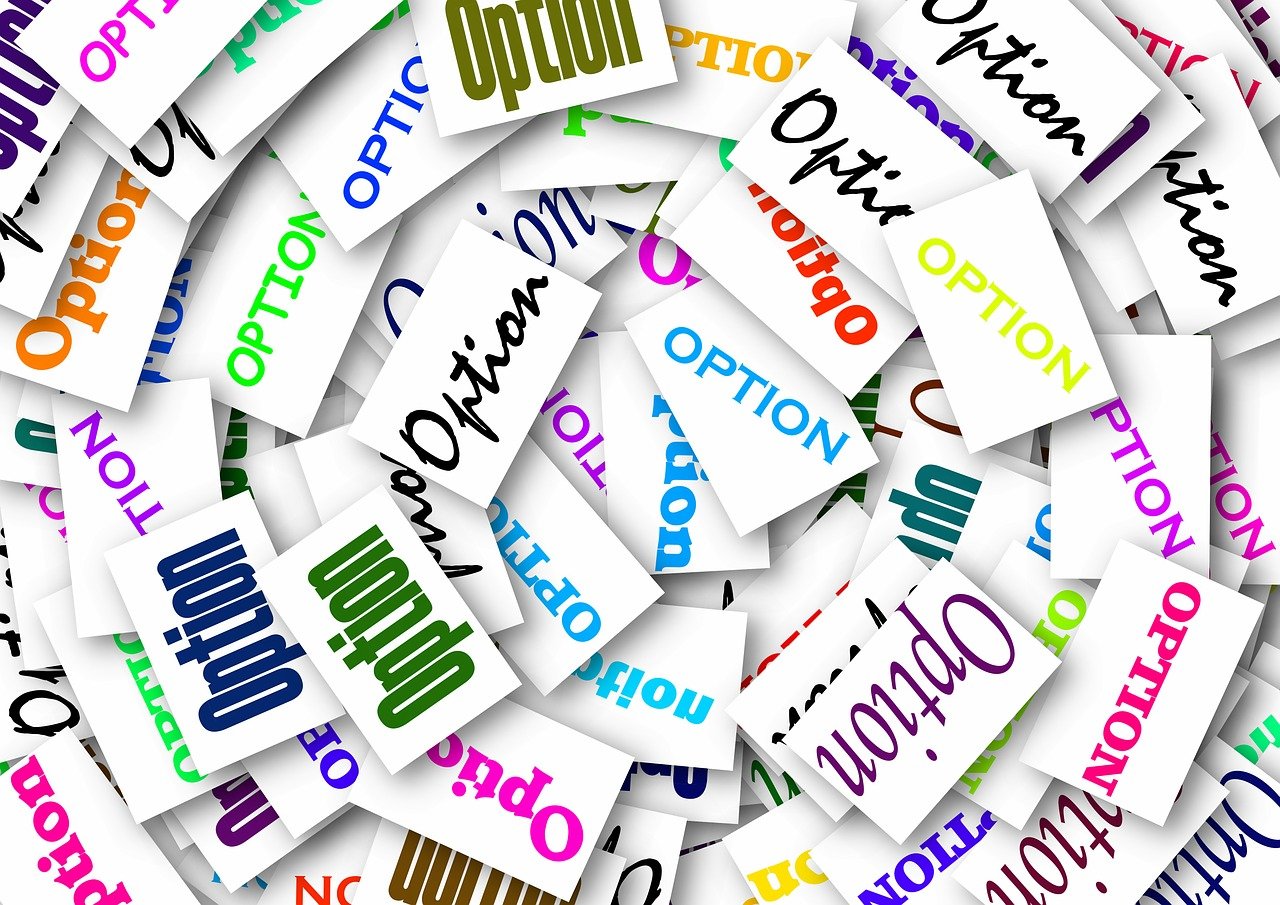Ask yourself: when was the last time that you allowed yourself to change your mind on a deep-rooted belief? The key in that question is ‘allowed yourself’ because that is the trouble with those deep-rooted beliefs. They are so deeply and firmly anchored into your convictions, sense of self and view of the world that it is incredibly hard to give yourself permission to change those convictions… even if they might not be right.
Like most people, I have deep-rooted beliefs about certain topics, including several in the agriculture and seed sectors. I’m proud to say I have successfully changed several of those deep-rooted beliefs in the past years, including my beliefs on pollinators, essential derivation, organics (twice), intellectual property, NGOs, Black Pete, and a few others.
To allow myself to do that, I considered various angles and read a lot of background and especially peer-reviewed information about the specific topic. I kept telling myself to remain open to the possibility that I might have seen it wrong all these years. I’m a scientist, so the process of analysing information is very familiar for me. Still, I’ll tell you that it is a challenging thing for anyone, me included. Which leads me to the question: why is it so hard to allow ourselves to change our deep-rooted beliefs?
A big reason is that most of us prefer the comfort of conviction over the discomfort of doubt. And we prefer opinions that make us feel good and ‘right’ instead of opinions that make us think hard. The result is that people surround themselves with others who agree with their opinions rather than with those who challenge them.
That has resulted in two key phenomena: echo chambers and filter bubbles. Both are very common in many social or news media settings, and we hear so much about these two that one might think they are the same. But there are some important differences between them.
Both are social structures that systematically exclude certain sources of information. Existing views are reinforced, and alternative ideas are not considered. Both exaggerate their inhabitants’ confidence in their beliefs and can make them believe that their uncommon views are widely held. However, the two mechanisms change the flow of information in rather distinct ways.
The term filter bubble is used to describe the various mechanisms of information polarisation that happen online, for example, the algorithms that social media and search engines use to deliver ‘personalized’ content that conforms to and reinforces the user’s existing beliefs. In comparison, an echo chamber refers to both online and offline environments where a person by choice or situation is surrounded only by information and opinions that reflect and reinforce their own beliefs.
Both mechanisms promote what’s called a ‘confirmation bias’, where people notice evidence that supports their beliefs and ignore evidence that contradicts them. The trouble is that if you apply a confirmation bias, you twist the facts to fit your beliefs. In contrast, critical thinking is bending your beliefs to fit the facts. Echo chambers with confirmation bias can easily lead to increased polarization in many fields, be they political, social, or technical.
On many topics, including in agriculture and the seed sector, one might conclude that something has gone wrong with the flow of information. After all, how can different people arrive at such different perspectives, especially if other’s perspectives seem so entirely ‘wrong’? Blame echo chambers and filter bubbles, which encourage different people to draw slightly or sometimes entirely different conclusions despite access to the same global set of facts.
Some experts have started to worry that too few people care about the truth today, which would be an incredibly worrying development, or that perhaps political (or other) allegiances have replaced our basic reasoning skills. It could be that we have all become locked into one or more echo chambers. The result is that we are encapsulated in an impenetrable circle of like-minded ‘friends’, web pages and social media feeds.
Society would be smarter, braver, kinder and safer if we could all develop the skills to recognize echo chambers and the courage to dismantle them. Individually, we have a responsibility to do our best to get out of them. But how to break free? Invite and welcome criticism. Consider opposing views. Stay open to ideas. As individuals and as a society, we can become stronger by hearing and really considering views that differ from ours. The world needs more people who are willing to listen, not talk. Don’t forget that beliefs do not equal truth!
At the end of the day, it is all about the truth. But seeking the truth is not about validating the story in your head. It’s about rigorously vetting and accepting the story that matches the reality in the world.










